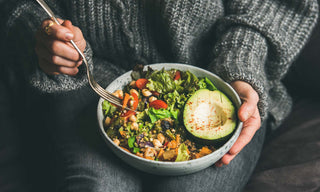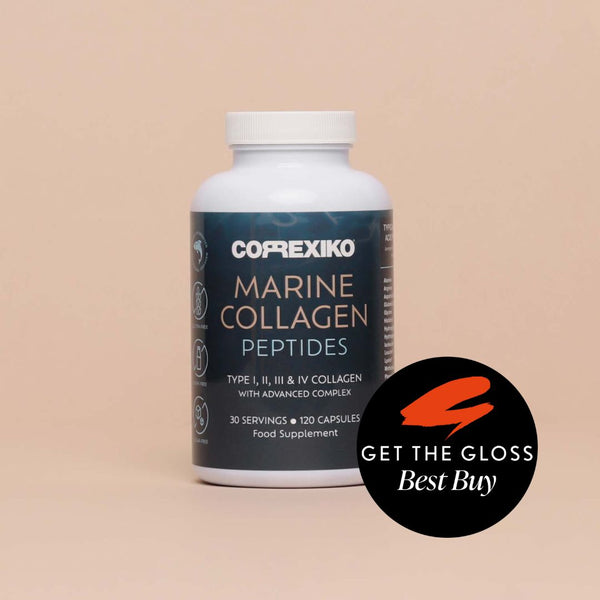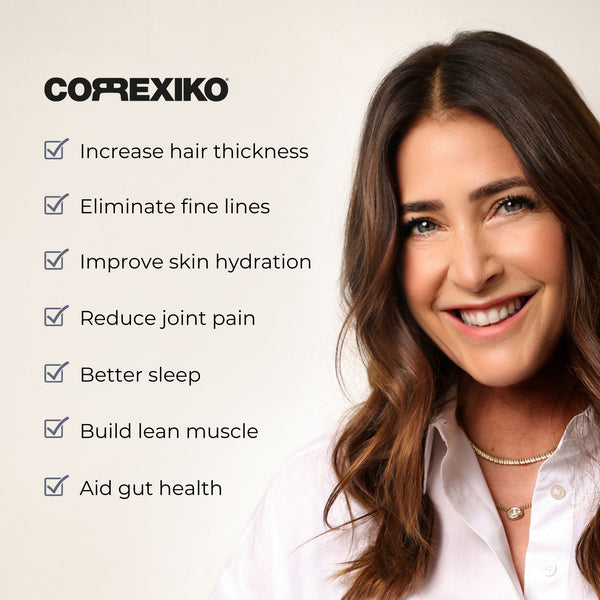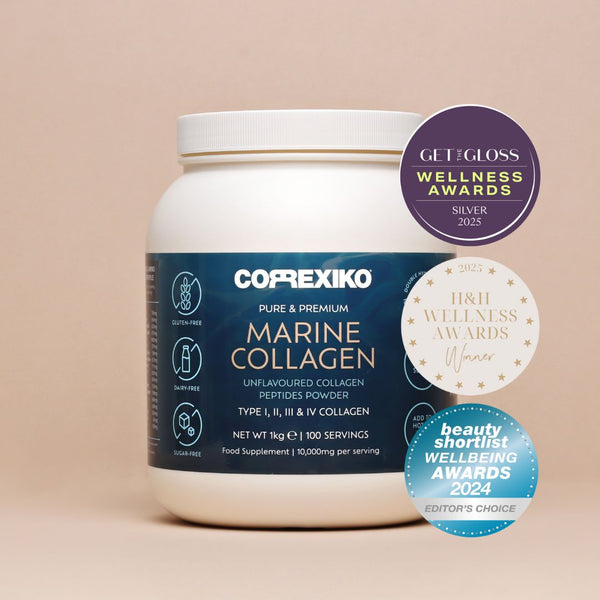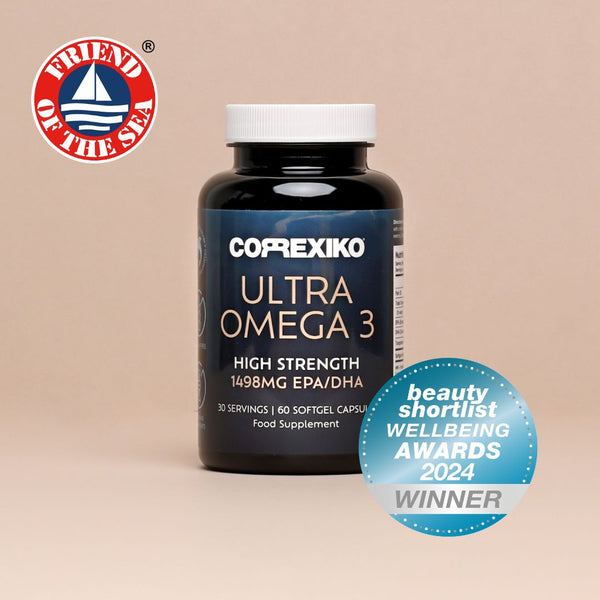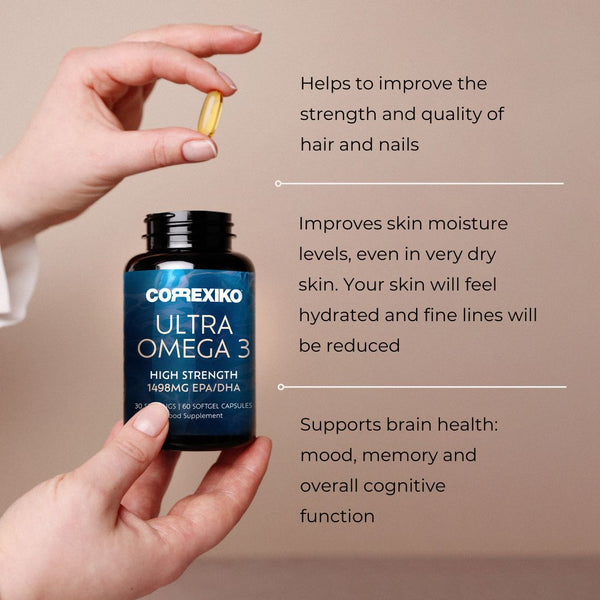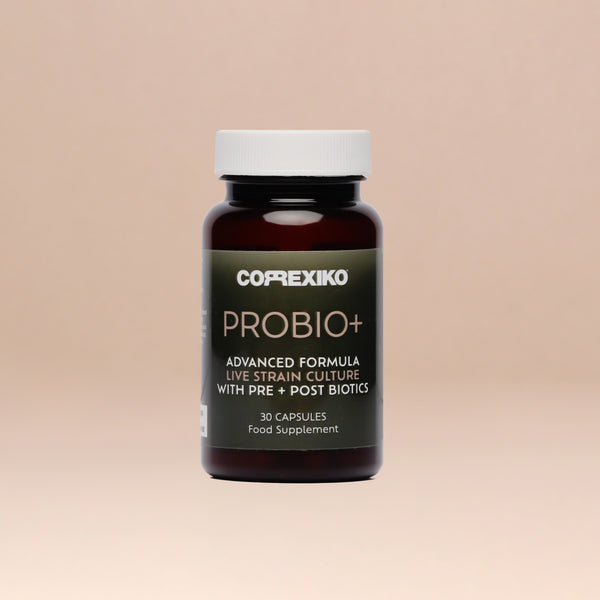By Lucy Miller, PT and Health Writer
It's no secret that our dietary choices have a large impact on our overall health and wellness as well as our skin. It's very important to focus on preventing skin damage and skin ageing rather than trying to cure it which is where eating the right foods comes into play.
Here are 7 foods to include in your diet so you can eat your way to better skin.
PineappleAs well as being deliciously sweet, research shows that pineapple is a natural anti-inflammatory, which is great for reducing redness, swelling, and irritation. It also has a secret weapon ingredient known as bromelain, a powerful enzyme that’s found in its stem. Scientists claim that this enzyme can soothe lots of health issues as well as fight against certain skin diseases including pityriasis lichenoides chronica (PLC). Those who took bromelain daily for 3 months were able to reverse this chronic skin condition.
Pineapple offers more than just bromelain too. This tropical fruit is also bursting with skin-nourishing vitamin C, which research says helps promote collagen production, and helps make the skin smooth and bouncy. Vitamin C also helps flood your body with antioxidants that prevent oxidative stress which can lead to premature wrinkles and fine lines.
Blueberries
If you know anything about blueberries, it’s probably that they contain loads of antioxidants in particular a powerful type of antioxidants called anthocyanins, which not only give these tasty little berries their deep blue pigment but also inhibit the breakdown of collagen, which we all know is the protein that keeps skin plump and elastic.
Blueberries are also full of vitamin C, which, like anthocyanins, also fights collagen breakdown and have anti-inflammatory components that help keep the skin clear from flushes and irritation as well as breakouts and sensitivity.
Spinach
Spinach is not only a low-calorie way to fill out stews and salads but is also rich in anti-ageing copper, which helps in the production of collagen, and supports your skin’s structure.
Spinach and other leafy greens are also packed full of a variety of key nutrients that help improve the appearance of your skin like Vitamin A the antioxidant that eliminates free radicals from your skin cells, Vitamin C a key nutrient to helping to produce collagen, iron, a necessary component of the haemoglobin that transports oxygen throughout your body and gives your skin that glow as well as Vitamin K which strengthens your blood vessel walls and can mitigate the appearance of dark circles under your eyes. Finally, spinach also has a very high water content that helps prevent the onset of wrinkles.
Avocados
Creamy avocados are not only incredibly filling and versatile but also contain nearly all the essential nutrients that the body can not produce on its own including antioxidants and vitamins E and C. The oleic acid (a healthy fat) in avocados, also helps reduce inflammation, which lowers redness and also helps fights wrinkles while their Polyhydroxylated fatty alcohols (PFAs) may sound like an absolute mouthful but are great for saving your skin from sun damage. These special lipid molecules have been found to provide what scientists call “Non-Sunscreen Protection” against sun damage in skin cells. In fact, PFAs can not only protect skin from harmful UVB rays but have also been found to boost the repair of damaged skin cells.
Turmeric
Consider turmeric a regular must-have. It tastes great in soups and lattes and is great for seasoning your food too. Also known as Curcuma longa, scientists have also discovered that this tasty yellow spice has anti-inflammatory, antimicrobial, and antioxidant properties that can help prevent breakouts, fight eczema and psoriasis as well as reduce acne scarring and brighten dark circles. And how does it manage all this we hear you ask? Well, these benefits are likely the result of powerful antioxidants and anti-inflammatory compounds that work together to heal and bring out the natural health of the skin. Research has also found that Turmeric speeds up the skin’s ability to form new, healthy tissue and boosts collagen production whilst also inhibiting a key enzyme called elastase, which digests elastin. Studies have found that turmeric may inhibit elastase by up to a huge 65%.
Salmon
Salmon (and fatty fish in general) is a rich source of nutrients, especially omega-3 fatty acids which have been shown to help calm down inflammation, protect against oxidation and positively affect skin’s moisture, thickness, and suppleness. Studies have also shown that the omega-3 fatty acids in salmon can protect your skin against collagen loss and skin cancer risks caused by UV light while their powerful antioxidant properties can defend against harmful free radicals which can reduce skin inflammation, redness, and acne.
Greek yoghurt
Yoghurt especially the low-sugar Greek variety is a natural source of healthy probiotics which thanks to its good microbes, can help heal the digestive tract and reduce inflammation throughout the body which therefore has a great knock-on effect on your skin.
Greek yoghurt is also a rich source of calcium, which is an important mineral that can help nourish your skin, hair, and nails and perhaps most importantly, rich in vitamin D, a key nutrient for keeping skin healthy and hydrated. In fact, a vitamin D deficiency can cause severe dry skin and inflammation, as well as exacerbate the symptoms of skin conditions like psoriasis, eczema, and acne. A healthy dose of vitamin D in the diet through foods like greek yoghurt can also help keep skin smooth, soft, and youthful.

